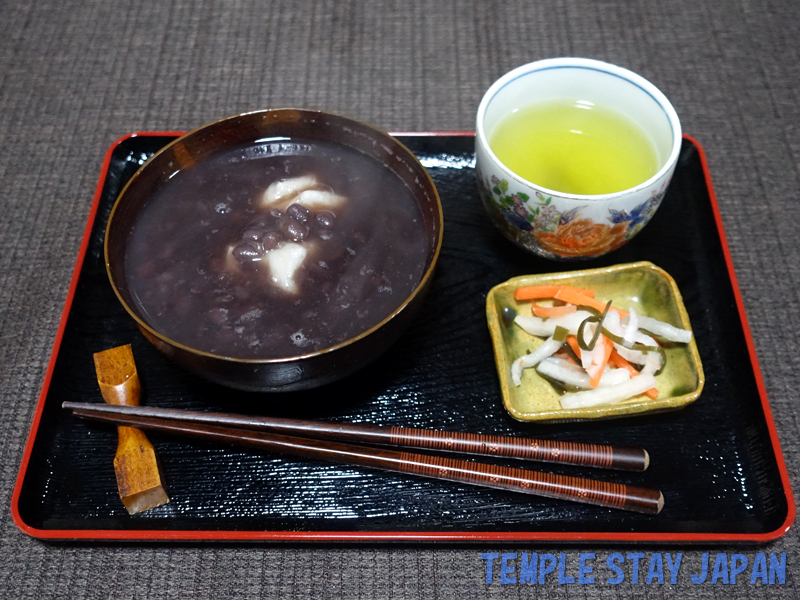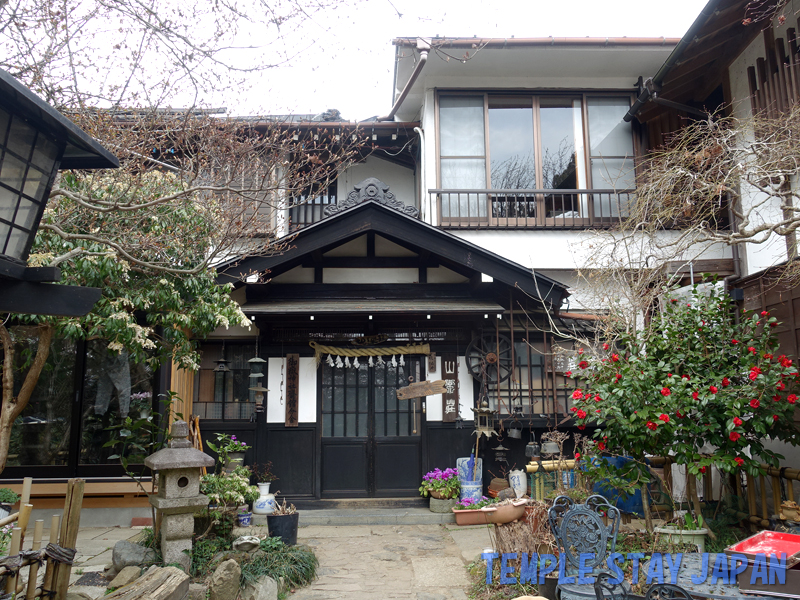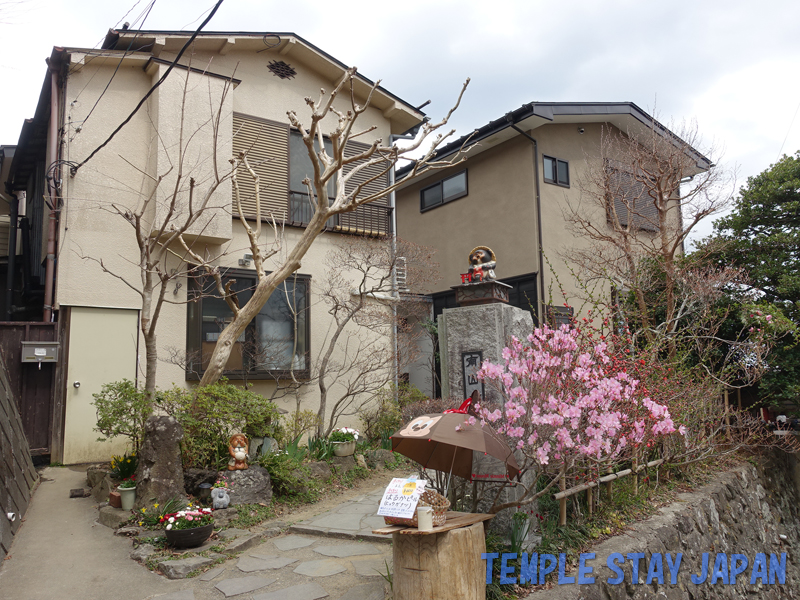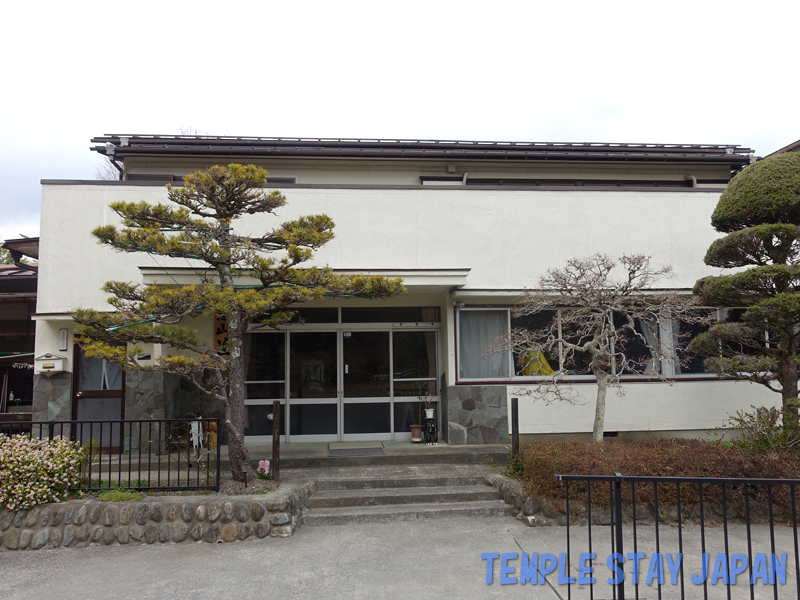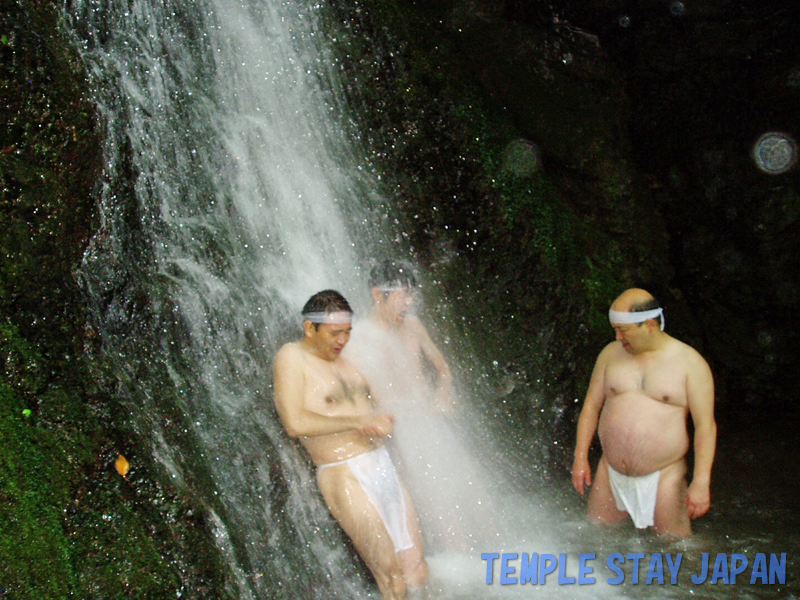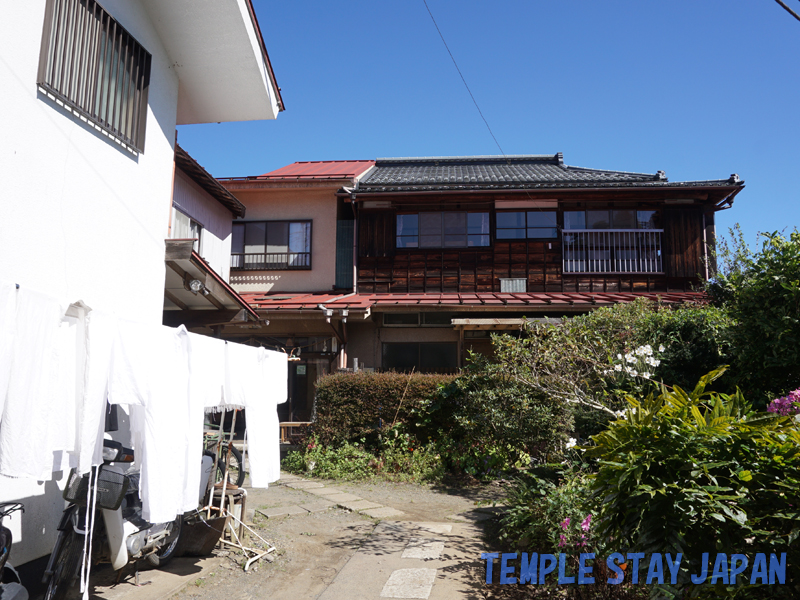Tokyo– category –
-

Higashibaba shrine stay and cafe (Tokyo)
One of the highlights is the thatched roof building, which was built in 1866 and is designated as a cultural property. I didn't stay overnight but did pop into the cafe which is open during the day. I ordered sweet red bean soup with mochi (rice cake) in it. It was rich in sweetness and warmed my body. -

Sanrakuso shrine stay (Tokyo)
Sanrakuso is a shukubo for Musashi Mitake Jinjya Shrine. In the morning, a service is held at the shrine. There are also various experiences available, such as waterfall training and singing bowl healing. Many writers and artists have stayed here and you can also see their works on display. -

Nanzanso shrine stay (Tokyo)
Nanzanso is a shukubo for Musashi Mitake Jinjya Shrine. It is run as an inn without highlighting many of its shrine elements. Dinner is a multi-course meal with a focus on homemade dishes. You can also enjoy a hobby pottery gallery. The rooms facing east offer a view of the night view and sunrise. -

Ikoisanso shrine stay (Tokyo)
Ikoi Sanso is a shukubo for Musashi Mitake Jinjya Shrine. It is run as an inn without highlighting many of its shrine elements. -

Komadori-Sanso shrine stay (Tokyo)
Mount Mitake has been worshipped as a sacred mountain of Kanto and shukubo lodges have spread around the Musashi Mitake shrine. Among them, Komadori-Sanso is popular as a shukubo that offers takigyo (ascetic training of being hit by a waterfall) even to general people in Tokyo. -

Seizanso shrine stay (Tokyo)
This is a shukubo located in front of the shrine town of Musashi-Mitake shrine. Here they offer instructions on takigyo, Sho performances, a kind of Japanese musical instrument, ascetic training and instructions on meditation and breathing methods.
1

